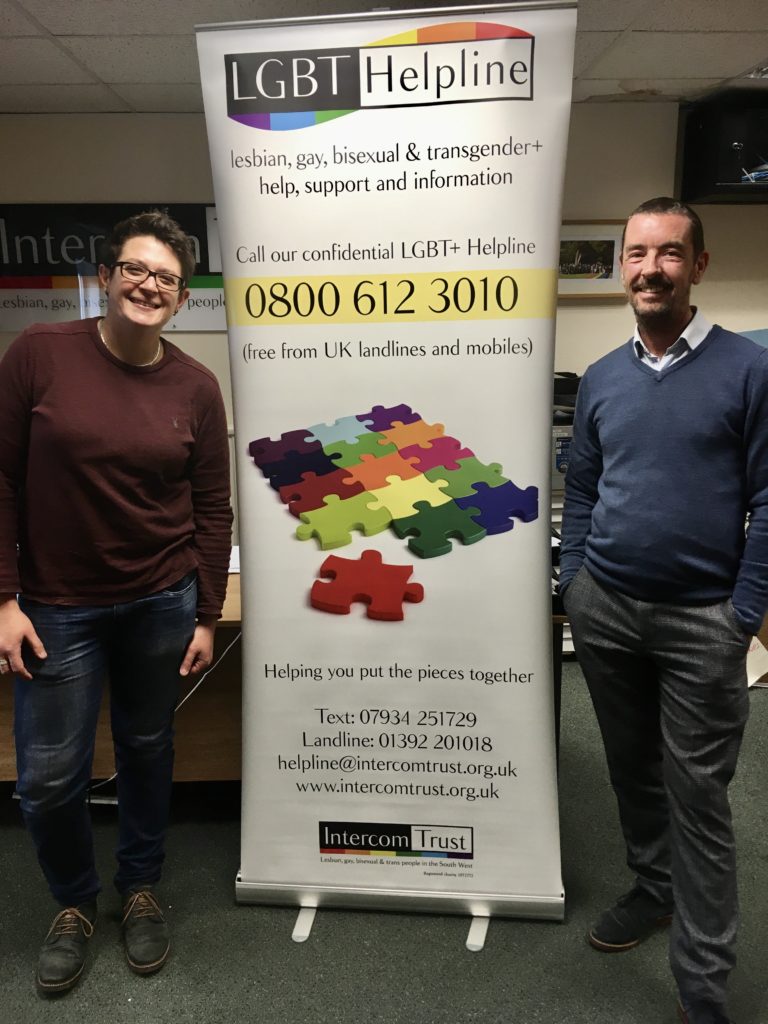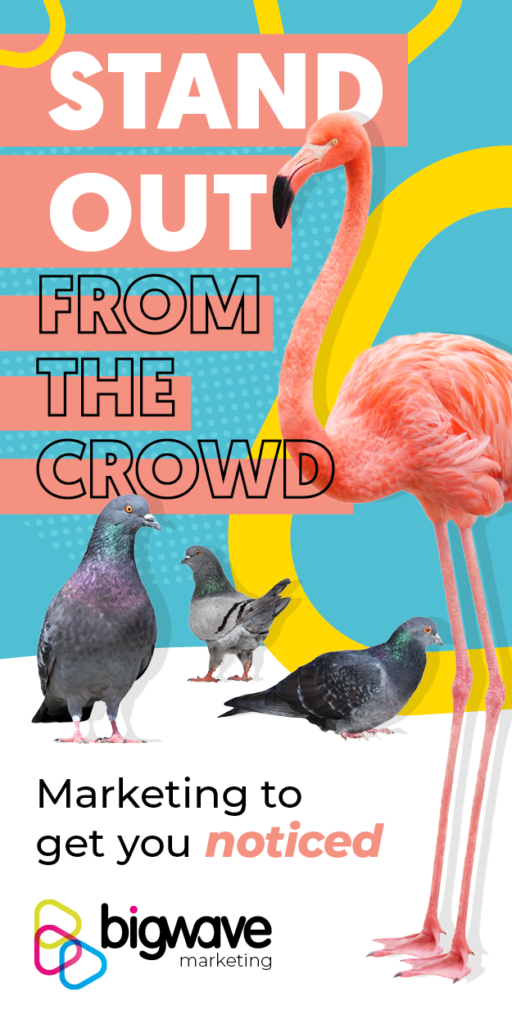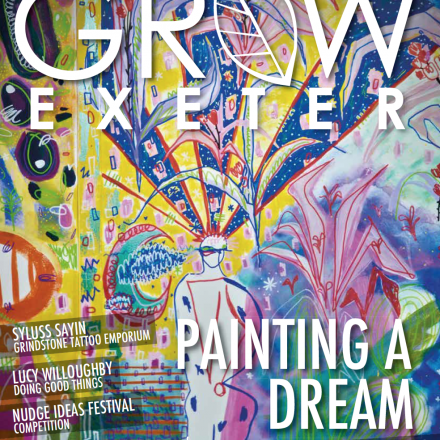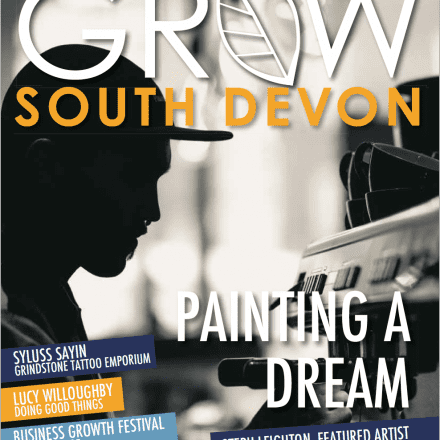
Free To Be YOU
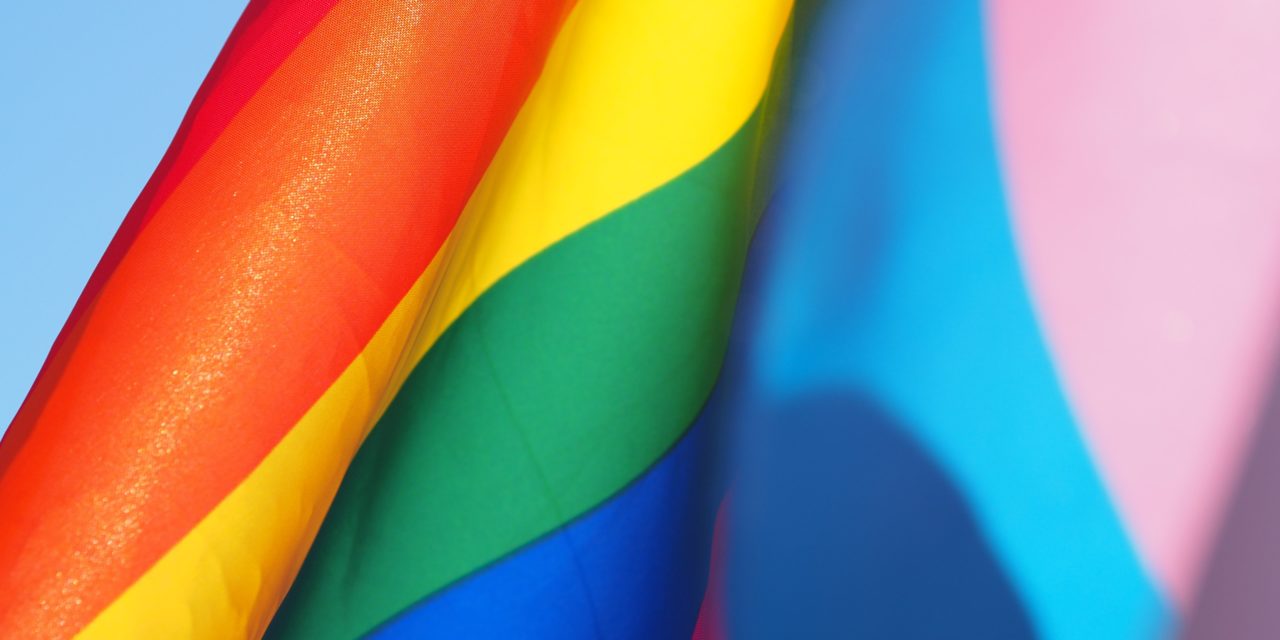
By Therapist, Barbara Appleby RMBACP
Photos supplied by Barbara and The Intercom Trust
As a therapist in private practice, I work a lot with diversity, and have the privilege to work with the LGBTQI+ (Lesbian, Gay, Bi-Sexual, Trans, Queer and Intersex +) community. I started working with The Intercom Trust in Exeter around 5 years ago as a volunteer counsellor, offering face to face therapy. More recently, I became the Clinical Supervisor for therapists and support staff.
It seemed natural, therefore, to highlight The Intercom Trust, and the amazing work that they do. It is a charity that is close to my heart and I’m passionate about raising their profile here in the SouthWest.
I chatted to CEO, Andy Hunt and Julia Boas, the Deputy Director and asked them about the history of Intercom, the work they do and their plans for the future:
Andy said:
“Intercom was set up originally because everything 24 years ago was around sexual health, HIV and AIDS. Exeter had the AIDS helpline and if you were LGBT, support was about sexual health. A group of guys that were involved in the AIDS helpline decided to set up the Intercom trust. They chose the name Intercom to mean Intercommunications between the different counties that they wanted to cover, it was set up to cover Devon and Cornwall. Our client base today is split equally between those under and over 18’s.“
Julia said:
“I manage our support and advocacy services. I also attend various meetings like Devon County Council’s equality reference group, to ensure that LGBT voices are heard across the county, and we do our best to represent diverse voices.“
“One of the lovely things about Intercom is that we offer services that are genuinely there to meet the needs of the client. In our support and advocacy work, we support people who maybe experiencing difficulty at school, experiencing homophobic, transphobic or bi-phobic bullying or if people are coming out to family, and the family members are struggling.”
Julia continued,
“We can help with all sorts of things, in a way that is not a time limited programme of support, but for the length of time that’s needed and will meet the needs of those individual clients.“
“This is sometimes the first place people feel they can come to and in the past few years, we’ve been offering low cost and no cost counselling, recognising that some of our clients require deeper therapeutic support.“
“We’ve recently been working with schools, setting up LGBT groups & Gay-Straight alliances, this will enable them to bring supportive friends along. Often in Devon and Cornwall the need is to feel that you are not the only person, that there are others around to start making social connections with, breaking up that sense of isolation that people feel.“
Andy added:
“We also offer training to anyone who works with people and do a lot of training in schools.“
What other services are available for people to access support?
‘Exeter is our main office and we have a small office in Plymouth, a community centre in Truro where we run our Young and Yourself YAY (LGBT) youth group which has been going for over 10 years. At the moment we have Zoom sessions and offer small walking groups.
‘Some of the other issues that we find clients come to us with are experiences of hate crime, reported or unreported. We work with the victim care unit, as well as domestic violence, sexual violence, physical violence etc. We work a lot with people who are struggling with self-acceptance and may have internalised those homophobic, transphobic, bi-phobic messages from their younger years, family or culture. We work with people to encourage and enable them to be themselves, because we are a welcoming and open service. From day one they can be who they actually feel like they are on the inside, that’s incredibly powerful.’
Andy added: ‘Even today, people still have that sense of isolation, experiencing internalised shame and this can lead onto depression, self-harm, alcohol and drug use.
We recently held a Q&A session with Devon and Cornwall Police. We work with a lot of people who don’t report hate crimes, for various reasons, so this was a great opportunity for people to attend the Zoom and consult with D&C Police.’
How has the pandemic affected the service and the LGBT community?
Andy said: ‘For the service it has brought things forward about five years! We have had to be creative with how we engage with our clients, we were heading towards offering more connection online but COVID has sped up that process, something that will benefit us and the clients in the longer term.’
Julia said: ‘We have found connecting virtually benefits a lot of our clients who live out of area, we can reach those people now. Young members of our client base like to communicate using various social media platforms like WhatsApp and we’ve adapted the way we work to accommodate that.’
If you would like to get in touch for confidential support, the contact details are as follows:
Helpline: 0800 612 3010
Email: [email protected]
If you’d like to find out ways to support the work Intercom does and for general info visit:




